Compost From Thrown-Away Materials
sylviatexas1
18 years ago
Related Stories
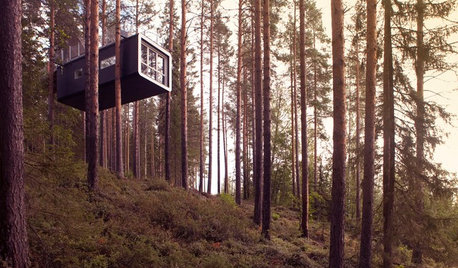
TRAVEL BY DESIGN11 Amazing Home-Away-From-Home Tree Houses Around the World
Go climb a tree — and spend the night. Tree house hotels and lodges are booming as exotic vacation alternatives
Full Story
GARDENING GUIDESGet on a Composting Kick (Hello, Free Fertilizer!)
Quit shelling out for pricey substitutes that aren’t even as good. Here’s how to give your soil the best while lightening your trash load
Full Story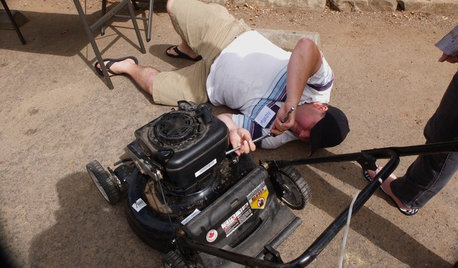
EVENTSDon't Throw Away Another Household Item Before Reading This
Repair Cafe events around the world enlist savvy volunteers to fix broken lamps, bicycles, electronics, small appliances, clothing and more
Full Story
KITCHEN DESIGNModern Storage and Sunshine Scare Away the Monster in a Kansas Kitchen
New windows and all-white cabinetry lighten a kitchen that was once dominated by an oversize range hood and inefficient cabinets
Full Story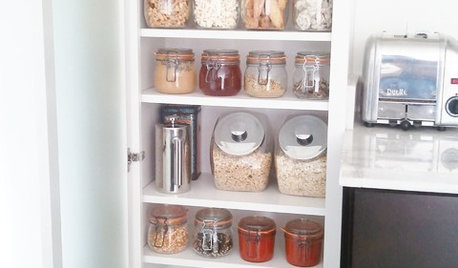
HEALTHY HOME6 Tips From a Nearly Zero-Waste Home
Lower your trash output and increase your quality of life with these ideas from a mom who did it to the max
Full Story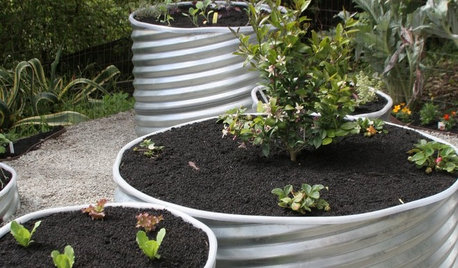
GARDENING GUIDES8 Materials for Raised Garden Beds
Get the dirt on classic and new options for raised vegetable and plant beds, to get the most from your year-round garden
Full Story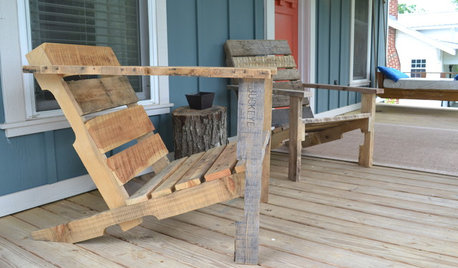
WOODWORKINGBuild Your Own Wooden Deck Chair From a Pallet — for $10!
Take the ecofriendly high road with a low-cost outdoor chair you make yourself
Full Story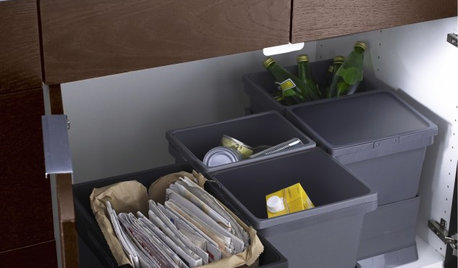
KITCHEN STORAGETake Your Recycling Station From Blah to 'Ahhhh'
Revamp an eyesore setup or just improve recycling efficiency with pullout drawers, stylish containers and innovative solutions
Full Story
HOMES AROUND THE WORLDHouzz Tour: Warehouse Home Goes from Disaster to Triumph
A New Zealand family beats the odds 3 times when its loft apartment is threatened with demolition after a series of earthquakes
Full Story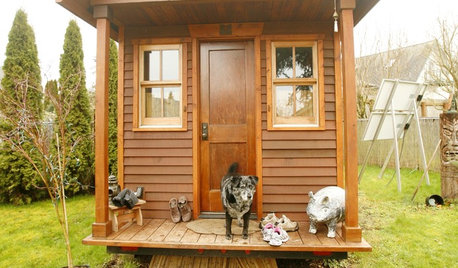
SMALL SPACESLife Lessons From 10 Years of Living in 84 Square Feet
Dee Williams was looking for a richer life. She found it by moving into a very tiny house
Full Story





socks
bruggirl100
Related Professionals
Norfolk Landscape Architects & Landscape Designers · Arlington Landscape Architects & Landscape Designers · West Milford Landscape Architects & Landscape Designers · Benbrook Landscape Architects & Landscape Designers · Cordele Landscape Contractors · Dickinson Landscape Contractors · Emmaus Landscape Contractors · Munster Landscape Contractors · North Highlands Landscape Contractors · Ocoee Landscape Contractors · Tuscaloosa Landscape Contractors · Washington Landscape Contractors · Newington Siding & Exteriors · Shoreline Siding & Exteriors · Menomonee Falls Siding & ExteriorsTyrell
roseyp8255
led_zep_rules
Tyrell
led_zep_rules
Tyrell
sylviatexas1Original Author
led_zep_rules
superiorinkco
sylviatexas1Original Author
jrmankins
mantorvillain
shopmomof3
girlndocs
burntplants
sylviatexas1Original Author
scotty_z_sr
Demeter